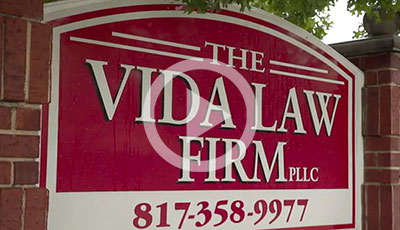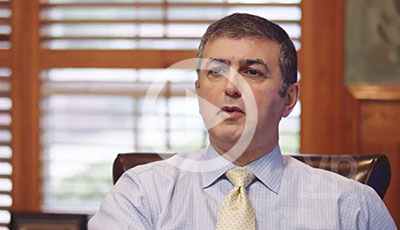Chapter 7 Bankruptcy FAQs
Q: Do I qualify for a Chapter 7 bankruptcy?
A: While individuals, partnerships, corporations, and other business entities can all be eligible to declare Chapter 7 bankruptcy, determining qualification for a Chapter 7 bankruptcy requires a complicated analysis. To be eligible, you must qualify under the "means test," an analysis of your income compared to that of other Texas residents. Regardless of your income, if you are facing mounting bills and financial difficulties, it is important to consult with an experienced bankruptcy lawyer who can examine your situation and discuss all of your options with you.
Q: Will I have to sell my house or car?
A: It depends. Generally, you can keep all exempt property, and you might have to sell nonexempt property. Exempt property typically includes your home, the items inside your home, your car, and your retirement accounts. In some circumstances, you may also be able to keep some monetary assets. Determining which property you can keep can be a complicated matter that is heavily dependent on the specifics of your situation; an experienced attorney can examine your assets and advise you as to what property you will likely be able to keep.
Q: How does declaring Chapter 7 bankruptcy affect my credit?
A: The fact that you have declared bankruptcy will remain on your credit report for ten years. While this will not necessarily prevent you from being able to obtain new credit, it is something potential creditors will consider. Generally, it is difficult to establish new credit within two years of filing, after which point it often becomes easier, especially if you maintain positive relationships with the creditors of any non-discharged debts.
Q: Which types of debt is Chapter 7 bankruptcy appropriate for?
A: Chapter 7 bankruptcies are particularly effective for those who have amassed large amounts of unsecured debt. A debt is unsecured when it is not backed by collateral, i.e. some kind of property that can be repossessed if payments on the loan are not paid. Unsecured debts are typically discharged in a Chapter 7 bankruptcy, and because they are not backed by collateral, you do not have to sell anything during the bankruptcy process. Examples of unsecured debts include credit cards, medical bills, and loans requiring only a signature as collateral.
Seek Experienced Legal Representation
We understand that facing bankruptcy can be daunting and difficult. In addition to providing exceptional legal representation throughout your bankruptcy proceedings, we are dedicated to being here for you from the initial consultation until your bankruptcy is complete, handling any dispute or problem that might arise along the way. To schedule a free initial consultation to discuss your Chapter 7 bankruptcy, contact The Vida Law Firm, PLLC today.


